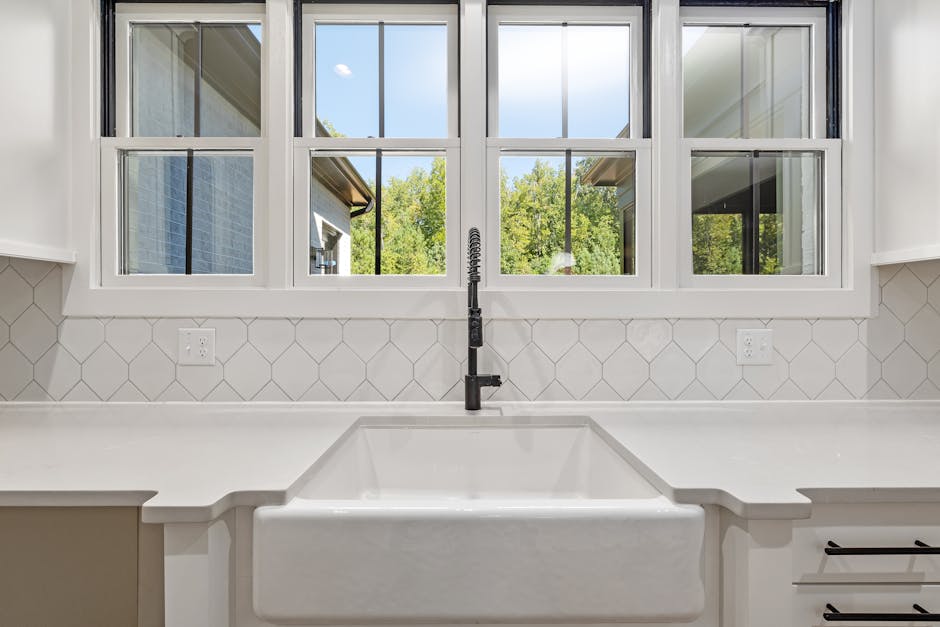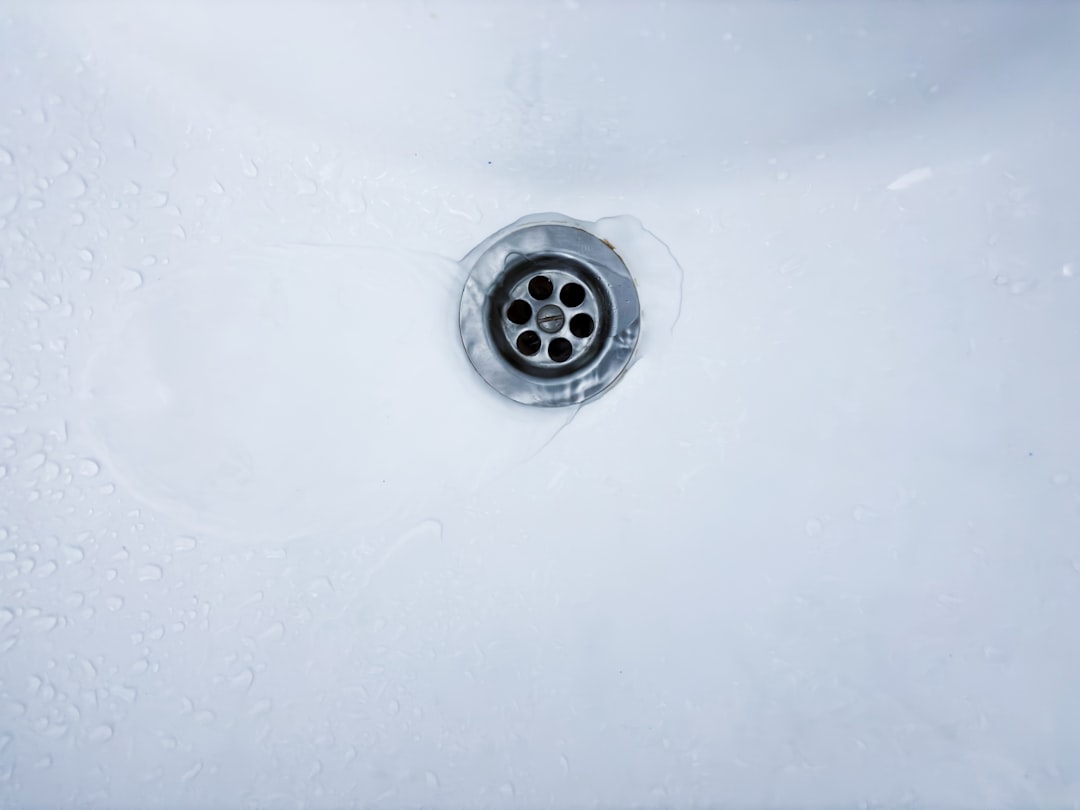.jpg)
Signs Your AC Compressor Is Failing (And What to Do Before Sacramento's Next Heat Wave)
The compressor is the heart of your air conditioning system—pumping refrigerant through the coils to cool your home. When it starts failing, especially during a brutal Sacramento summer, your entire house can turn into an oven overnight. At Always Affordable Plumbing & HVAC, we see compressor issues spike every July and August when systems are running non-stop in 100°+ heat.
The worst part? A failed compressor often means a $2,000–$5,000 repair bill… or even full system replacement. But catching the warning signs early can save you thousands and keep you cool all season.
7 Warning Signs Your AC Compressor Is About to Fail
Don’t ignore these red flags:
- Hard Starting (Clicking On and Off) You hear the outdoor unit click repeatedly but the fan never spins up. This “hard start” happens when the compressor struggles to get going.
- Loud or Unusual Noises Grinding, screeching, banging, or rattling from the outdoor unit. These sounds often mean internal bearings or valves are failing.
- Warm Air from Vents + Outdoor Fan Not Spinning If the condenser fan is running but the compressor won’t kick on, you’ll get lukewarm or warm air inside.
- Tripped Circuit Breaker The compressor draws massive power. A failing one will repeatedly trip the breaker, especially on the hottest days.
- High Electric Bills with Poor Cooling A struggling compressor works harder and longer, spiking your PG&E bill even though the house never feels cool.
- Leaking Oil or Refrigerant Around the Unit Dark oily spots under the condenser often indicate failing seals inside the compressor.
- System Short Cycles The AC turns on for just a few minutes, then shuts off and restarts. This puts extreme stress on the compressor.
The Top Reasons Compressors Fail in Sacramento Summers
- Overheating from Dirty Coils – Dust and cottonwood from our valley oaks block airflow, making the compressor run too hot.
- Electrical Issues – Power surges, bad capacitors, or faulty wiring (very common in older homes).
- Low Refrigerant – Forces the compressor to overwork and overheat (see our refrigerant blog for details).
- Age & Wear – Most compressors last 12–15 years. If your system is 10+ years old and acting up, replacement may be smarter than repair.
- Lack of Maintenance – Skipping annual tune-ups is the #1 cause of premature compressor death.
What to Do If You Suspect Compressor Problems
- Turn the system OFF immediately – Running a failing compressor can cause total burnout.
- Check the basics – Clean or replace your air filter, make sure the outdoor unit has clear airflow (at least 2 feet around it).
- Call a professional – Compressor diagnosis requires special gauges and electrical testing.
We’ll perform a full 20-point inspection, test capacitors and electrical connections, check refrigerant pressures, and give you honest options:
- Repair (new capacitor, contactor, hard-start kit)
- Compressor replacement (only if the rest of the system is in good shape)
- Full system replacement (often the best long-term value with rebates and warranties)
How to Protect Your Compressor This Summer and Beyond
- Schedule your annual AC tune-up every spring (we clean coils, check refrigerant, test capacitors, and more)
- Install a hard-start kit or surge protector
- Keep the outdoor unit shaded and clear of debris
- Change filters monthly during peak season
- Join our Member’s Club for priority service and 15% off repairs
Don’t Wait Until It’s 110° Outside
A failing compressor rarely “gets better on its own.” The sooner we diagnose it, the more options (and money) you’ll save.
Call Always Affordable Plumbing & HVAC at (916) 970-0099 or book online today. We offer same-day emergency service and will never pressure you into unnecessary repairs.
Other Blogs
Customer Testimonials
See what our satisfied customers have to say about their experience with Always Affordable
Plumbing & HVAC.
Latest Blog Posts


Budget-Friendly Drains: Finding Affordable Cleaning in Roseville






